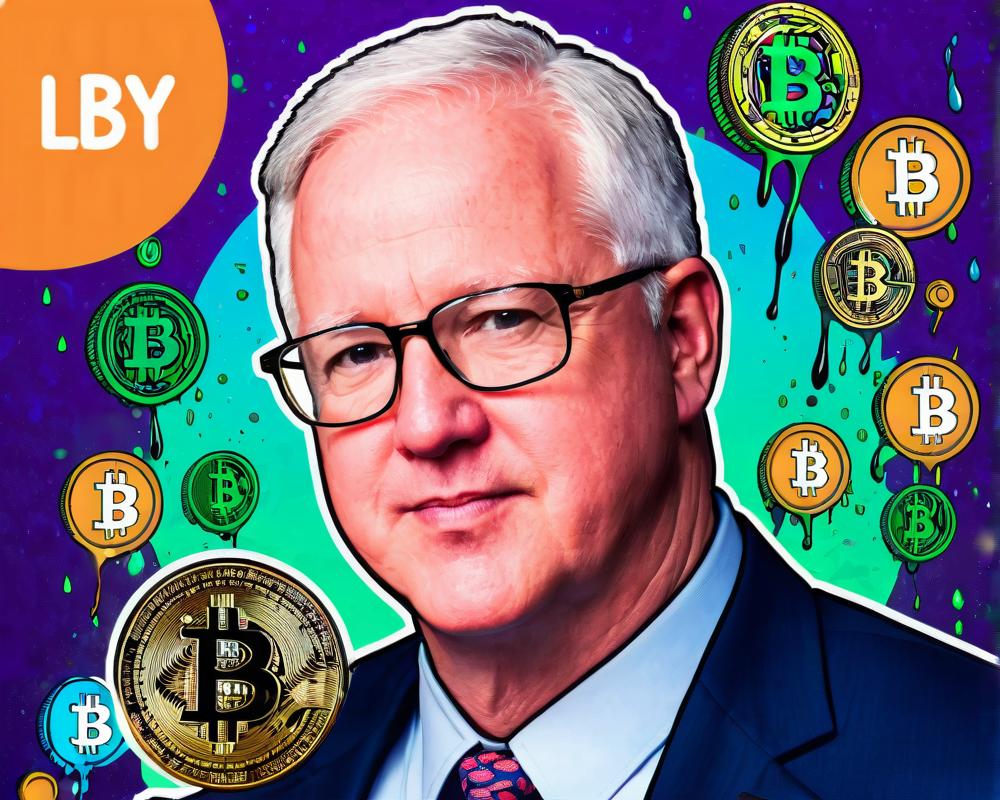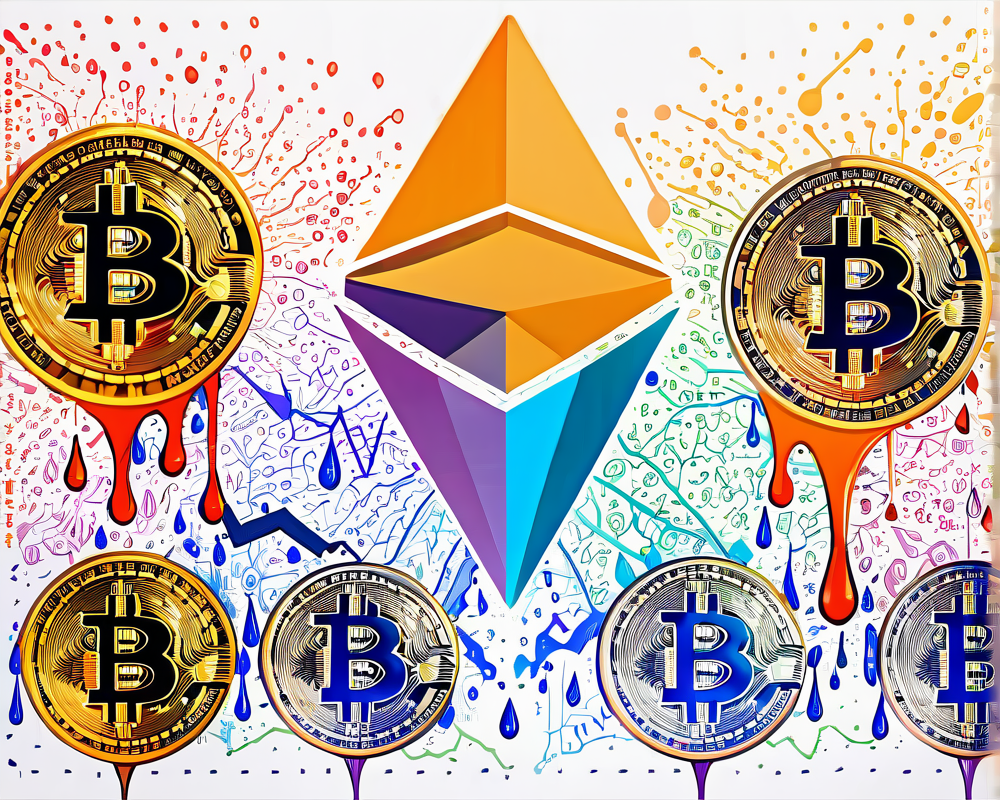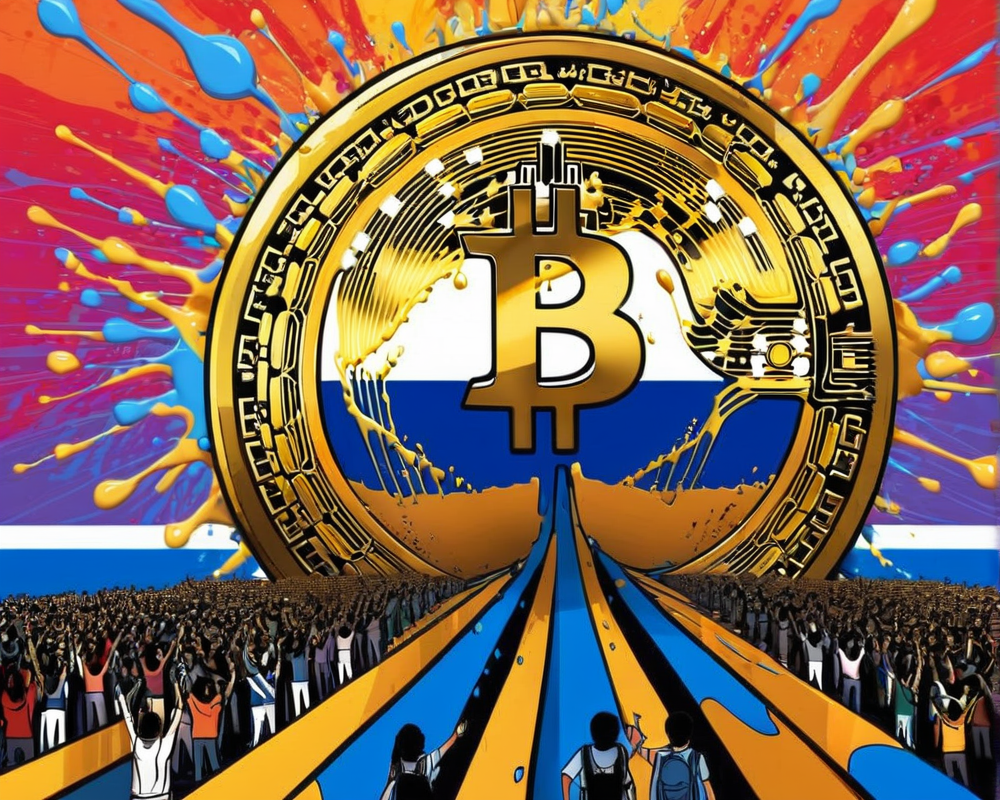A Revolutionary Move in Banking
Ripple has just made headlines by teaming up with an impressive lineup of banking giants to establish the Global Payments Steering Group (GPSG). This initiative aims to modernize the way banks communicate and process transactions on a global scale. Think of it as a tech-savvy SWIFT, ready to dominate the financial landscape of the 21st century.
R.I.P., Old School Payment Systems
The traditional banking system, represented by SWIFT, has been the standard-bearer for interbank transactions for over 40 years. While SWIFT connects over 9,000 institutions worldwide, it has been in dire need of modernization. Slow, costly, and susceptible to political influence—it’s time for a change!
- Real-time transactions? Nope.
- Flexibility? Not so much.
- Potential for global sanctions? Absolutely.
Enter Ripple. With the backing of several major banks, it’s ready to usher in the future of financial transactions. Who knew banking could evolve faster than your average tech gadget?
Major Players in the Game
The GPSG isn’t just any group of tech enthusiasts; it includes heavyweights like Bank of America/Merrill Lynch, Santander, and Standard Chartered. These institutions bring their A-game to the table, aiming to build a payments network that will both challenge and innovate within existing systems.
Don Donahue, who chairs the GPSG and has a resume longer than a CVS receipt, emphasizes this initiative as a turning point for the banking sector:
“The creation of GPSG is significant because this represents the first time that major banks have formulated policies to govern the transfer of money across borders using Blockchain.”
Breaking Down the GPSG’s Vision
One of the GPSG’s primary goals is to create a comprehensive framework for utilizing blockchain technology in payments. This isn’t merely about making transactions faster; it’s about creating a whole new ecosystem. Here’s how:
- Globally Accessible: One integration allows banks seamless access to real-time transaction capabilities.
- Standardization: Defined rules and standards will cut down on confusion and inefficiencies.
- Risk Mitigation: Banks can dip their toes into blockchain without taking a deep dive into the shark-infested waters of unregulated tech.
A Call to Action for Banks
Julio Faura, Santander’s R&D head, has a call for action that resonates throughout the financial industry:
“It’s time for banks to push on and move from discussing the potential benefits of the Blockchain to making them a reality.”
As the GPSG gears up to see these standards and processes come to life, it’s clear that the banking world is on the brink of a transformative leap into the future—one that might just make SWIFT seem like the rotary phone of financial transactions.




